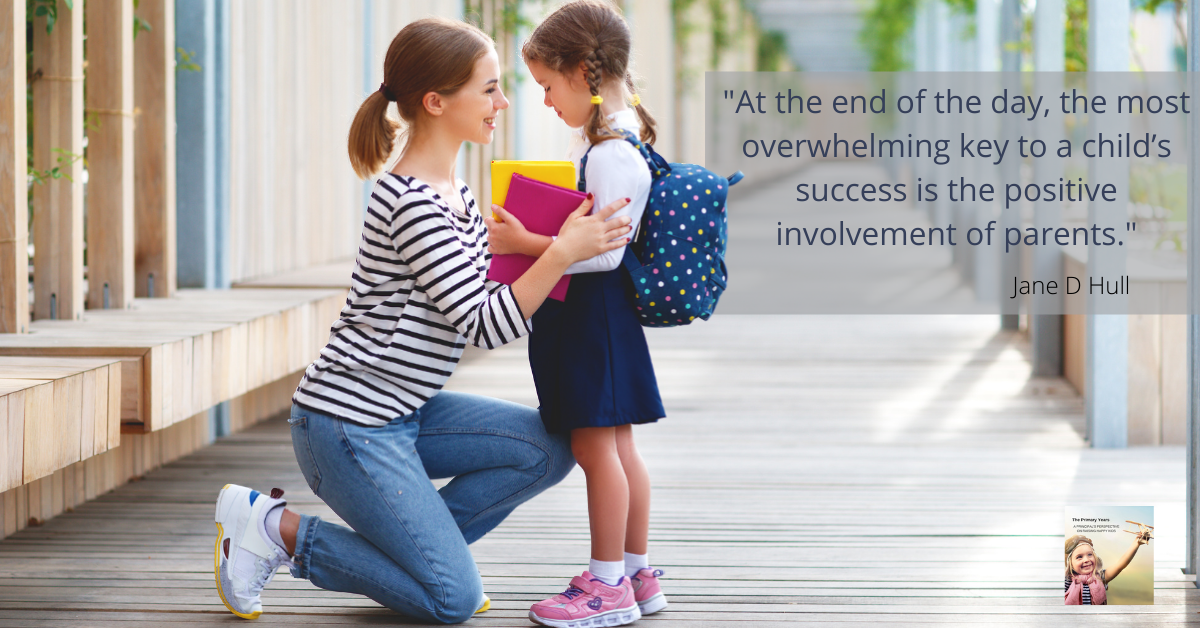Let’s talk about managing food allergies at school
This is such a difficult topic, as dealing with life-threatening allergies for children demand so much attention and understanding from all parties. Schools take this seriously, but unfortunately in the busy life of a school, mistakes can happen. The bigger the school, the more difficult it is to get the message across that, for example, everyone adopts a nut-free policy. Sometimes, some homes are not aligned with school rules and this is where it can fall down, putting children at risk. The answer, I believe, simply involves the child in question, gradually over time, being educated on food groups and allergies. It is so important that the child learns to personally manage their health themselves. Schools will help with supportive rules. However, if a child knows the signs of where food allergies are present around them, especially at eating time, the greater capacity they have of being safe from attacks.
Without going into much detail, children can learn that sometimes surfaces, where other children have eaten, can contain some contaminates that they need to be aware of. I hear you say, how hard it is for a child to feel that they have to own their condition. I believe that the more a child takes ownership of their health, the safer and ultimately the happier they will be. There is nothing more satisfying than being in charge yourself. It takes away so much fear and anxiety.
Think about the following ideas to help graduate a child into learning and taking ownership of their health issues, especially with regard to life threatening allergies.
From an early age gently talk about the health matter and begin the education into food groups, allergies etc.
As a parent, you will of course educate with wisdom, common sense and with an optimism, that it will be all for the best. Talking positively about how important it is to keep healthy and well.
At school, keep the education going at your class level, especially and talk to the teacher about how the classroom can help when food is introduced. Teachers are all about education and if a child in their room, has specific food allergies, that are life-threatening, they will take great care to support the best climate for the child.
Teach your child that everyone’s wellbeing is different and the home environment is a great place for celebrating that difference, especially when preparing and learning about food.
Tune in with your child about how things are going at school and what precautions the child is taking when eating time comes around. It is always helpful to occasionally tap into the teacher to discuss how food is being managed throughout the school day. This is important, as, throughout the school year, the classroom will set up different dynamics, that may challenge eating time.
Don’t forget to affirm your child if they demonstrate a smart way of managing their food allergies. Children, when left to their own devices, are creative in solving their own problems.
Teach them to speak up and not feel vulnerable about their allergies. The more confidence a child shows in themselves, the safer they are in managing their own health issues. Their wellbeing is unique to them.
The younger the child, the more careful and supportive are parents and school in providing a safe climate. However, at a younger age, a child can learn a great deal about their health and how to look after their condition. We are teaching them that self-care is a necessary part of their life.
Schools take on the responsibility of providing a nut-free policy and will do their best in providing that safe environment for the child. They also rely on everyone being on the same page, all the time. This can be challenging. The safer route is to keep your child abreast with self-knowledge where they build confidence and grow stronger in personally managing their health issues.
‘Self-care is how you take your power back’
-Lalah Delia



















